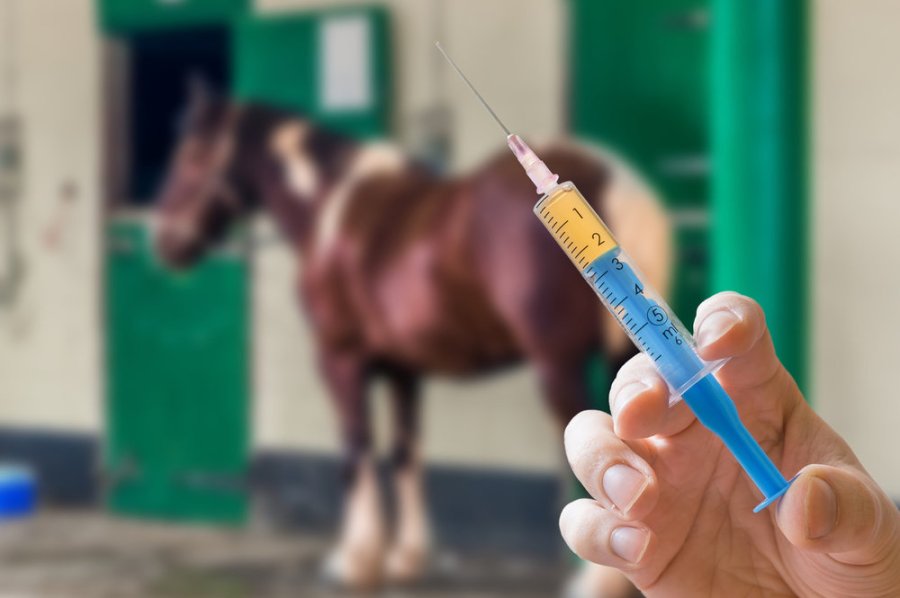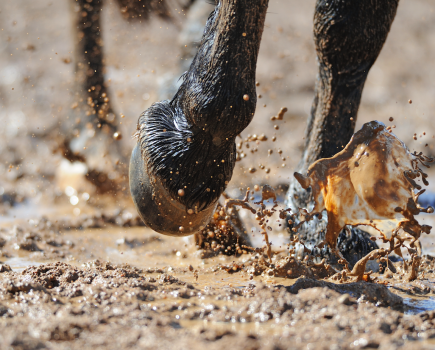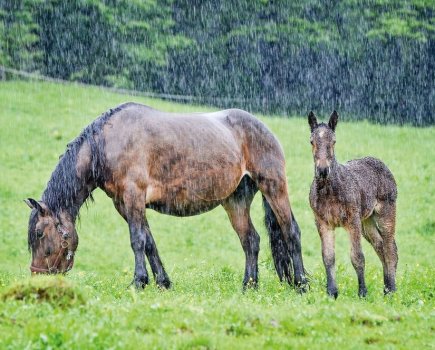The potential impact of a shortage of doses of vaccines for equine influenza is being monitored by the British Equine Veterinary Association (BEVA), British Equestrian and the British Horseracing Authority.
The bodies said they have been aware of “minor interruptions” to the supply of such vaccines throughout this year, but a “significant”, pan-European logistical problem being experienced by manufacturer Boehringer Ingelheim has raised the prospect of a further reduction of supplies in the coming months.
Boehringer Ingelheim said the shortage has been caused by “unexpected issues following the implementation of a technology upgrade” and was not a product or quality issue.
David Rendle, chair of BEVA’s Health and Medicines Committee, reminded owners of the importance of maintaining vaccination for equine influenza but advised they wait until as close a time as possible until their horse’s next dose is due to minimise current demand.
Minimising threat to equine health
BEVA said it was liaising with the three vaccine manufacturers — Boehringer Ingelheim, MSD Animal Health and Zoetis — to consider solutions, both to minimise the threat to equine health and welfare and to prevent disruption to competition.
Marc Laemmer, Boehringer Ingelheim’s equine business head, said some vet practices will have difficulty obtaining sufficient influenza vaccines and there may be a shortage in the UK market.
“We understand the importance of these vaccines to equine welfare, and we are continuing to work tirelessly to find a solution so that we can return to normal supply as soon as possible,” he added.
Amanda Melvin, equine business manager at MSD Animal Health, said that based on prior demand, the company’s vaccines Equilis Prequenza and Equilis Prequenza Te are in full supply.
“MSD have taken steps to protect as many horses as possible at this time,” she said. “We will continue to supply existing customers with the available MSD stock on ‘allocation’ and, where possible, to allocate stock to additional customers. Allocations are being made to our veterinary customers based on their historical demand which we believe is the most efficient way to manage the available supplies.”
Rebecca Cabrejas, equine business unit manager at Zoetis, said demand for their vaccines currently exceeds what they can supply.
“Whilst we have adequate stocks to fulfil current customers’ orders unfortunately, we are not in a position to be able to supply new customers at this time,” she said. “We will continue to work with BEVA to limit the impact of the current shortages.”









